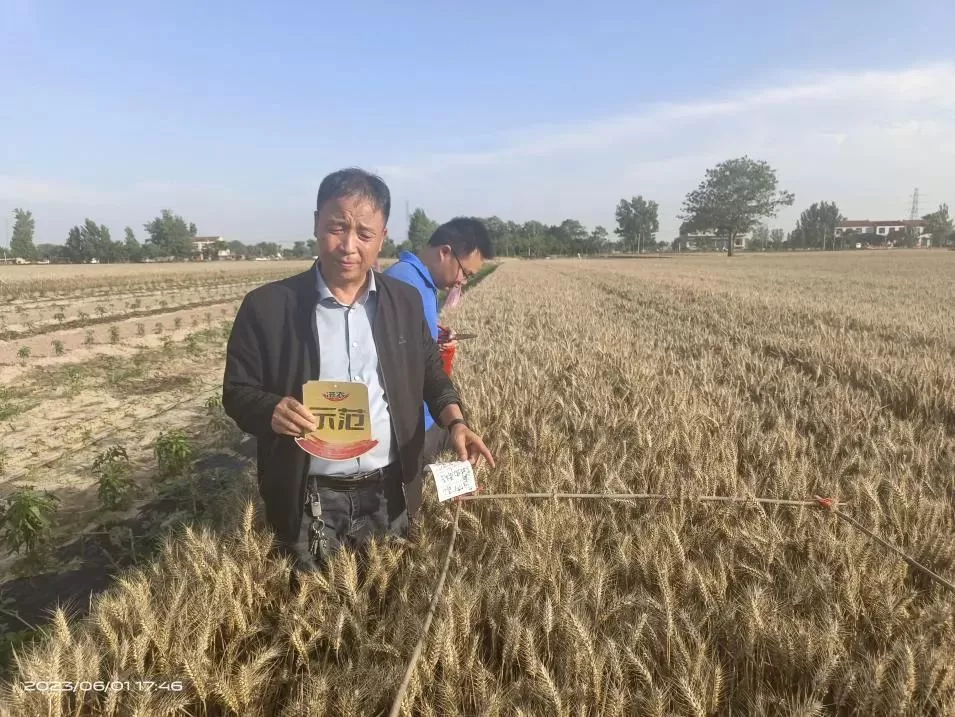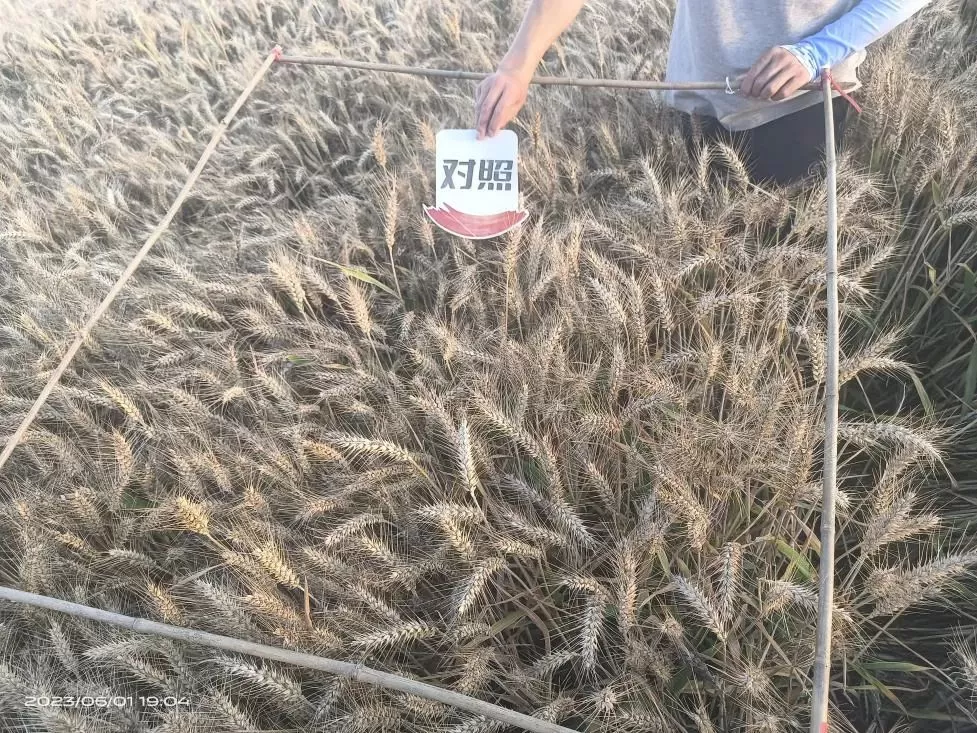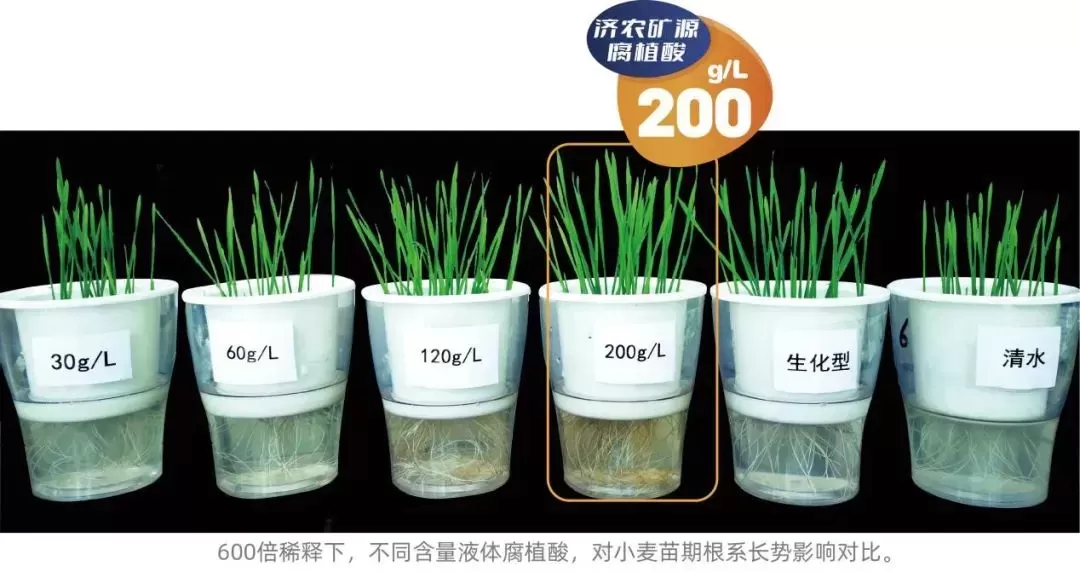Time :2024-03-19 15:20:15
This year's summer grain harvest work is nearing its end, and major winter wheat production areas have encountered varying degrees of rainy weather during the wheat flowering, filling, and maturity periods, which has had a certain negative impact on the yield and quality of wheat this year.
Faced with the adverse effects of cloudy and rainy days, various regions have taken advantage of the rare cloudy days with rainy breaks to harvest plots with higher terrain and less affected by the rain, striving to minimize the impact of cloudy and rainy days on wheat harvesting and recover some losses for farmers.

In response to the difficulties encountered in summer grain harvesting work, some people "make up for the lost sheep" and seize agricultural time, striving to reduce losses; Some people plan ahead and use fertilizers and drugs to enhance wheat's resistance and reduce the impact of external factors on wheat yield and quality before catastrophic weather occurs.
Henan Province is one of the main winter wheat producing areas in China. How to reduce the adverse effects of disastrous weather on wheat growth and yield is not only a concern for farmers, but many agricultural input enterprises also invest a lot of manpower, material resources, and financial resources every year to improve wheat resistance and achieve quality and yield increase. With the promotion of the national "weight loss and efficiency improvement" and "zero growth of fertilizers" strategies, as well as the development of "high standard farmland construction" work, green agriculture is increasingly valued by the government and industry. The traditional application of large fertilizers is decreasing year by year, and the role of special fertilizers in increasing yield and improving quality in fields is gradually being explored.
Dingtian Jinong has been conducting experimental demonstrations of water-soluble fertilizer containing humic acid on winter wheat in Dige Township, Tongxu County, Kaifeng City since last winter. The aim is to find the application method of humic acid special fertilizer (currently, foliar spraying is still the main method for special fertilizer in field areas) on winter wheat through experimental demonstration, and to open up new paths for increasing wheat yield and quality, as well as increasing farmers' income. Jinong's humic acid products have obtained the "Green Food Production Materials Certificate" issued by the China Green Food Association, and have been widely used in a wide range of economic planting areas, receiving unanimous praise. If the goal of significantly improving quality, increasing production, and increasing income can be achieved in winter wheat planting areas, then we will also take a solid step in the construction of "high standard farmland", because one of the conditions for the construction of high standard farmland is that the soil is suitable for crop growth, without potential soil pollution and geological disasters.

Starting from the end of 2022, the product application manager of Dingtian Jinong has been conducting experimental demonstrations of high content liquid humic acid Jinong Letu on wheat in the wheat planting area of Dige Township, Tongxu County, Kaifeng City. Jinong Letu was used for large water irrigation during the winter irrigation and greening periods of wheat, with a dosage of 1L/mu. In June of this year, during the wheat harvest period, the staff conducted yield testing on the experimental demonstration field and the control group experimental demonstration field.
Compared with the control group, the two varieties of wheat, "Zhengmai 918" and "Cunmai 22", which have used Jinong Letu, are comprehensively leading in terms of effective panicles, thousand grain weight, weight per square meter, and yield per mu. In terms of the most core yield measurement data, the demonstration group achieved an increase of 326.83 kilograms per mu and 106.72 kilograms per mu, respectively, compared to the control group on two varieties. Calculated based on the recent wheat price of 0.9 yuan/jin in the Henan market, compared with the control group, The income per mu increased by 294.1 yuan and 96 yuan respectively, with a 27% increase in production and income, achieving a significant increase target.


Why is the yield increase effect so obvious when using wheat from Jinong Letu? Because humic acid has the following effects on wheat growth:
1. Promoting root development: Humic acid can promote the root development of wheat plants, increase the number and length of root hairs, improve the absorption function of roots, and thus increase the wheat's ability to absorb water and nutrients.

2. Improving soil structure: Humic acid has strong ion exchange ability, which can adsorb colloids in soil particles, improve soil structure, increase soil aeration and water retention capacity. This can provide a better soil environment, which is beneficial for the growth of wheat roots and nutrient absorption.

3. Promote the release and transformation of nutrients: Humic acid can combine with minerals in the soil to form humus, which can form complexes with nutrients, improving the availability of nutrients. Humic acid can also promote the activity of microorganisms, accelerate the decomposition of organic matter and the release of nutrients, and provide nutrients to wheat plants.
4. Improve stress resistance: Humic acid can promote photosynthesis and respiration in wheat plants, improve energy supply and stress resistance. Humic acid can also activate some antioxidant enzyme systems in plants, reduce oxidative damage, and enhance their adaptability to adversity.
Overall, humic acid has the effects of promoting root development, improving soil structure, promoting nutrient release and transformation, and enhancing stress resistance in wheat growth, providing favorable environmental conditions for wheat growth and development.